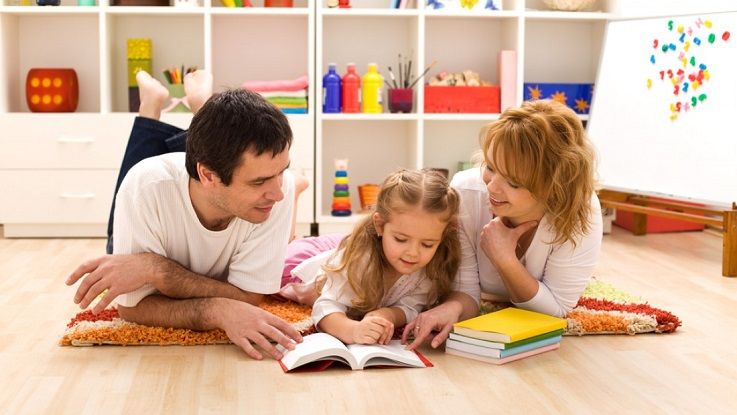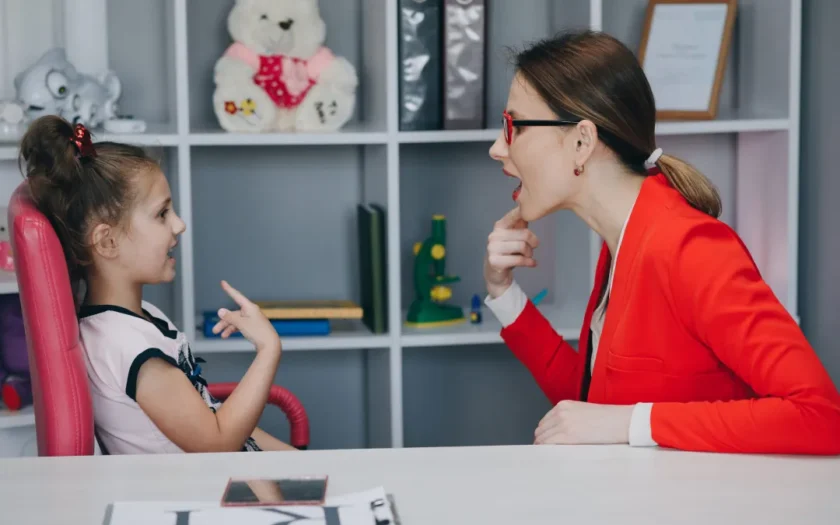Selecting the right babysitter is crucial for ensuring your child’s safety and your peace of mind. Look for someone with experience, strong references, and a personality that aligns well with your family’s needs. Arrange a meeting to observe how they interact with your child and ask questions about their training, such as first aid or CPR certification. Once chosen, provide clear instructions about your child’s routine, allergies, emergency contacts, and household rules. Open communication and setting expectations help build trust and create a positive experience for both the babysitter and your child.
Finding a qualified babysitter requires time and effort, but it’s worth the peace of mind knowing your child is in capable hands. Look for someone who is mature, friendly, has good common sense, and genuinely enjoys being with children.
Finding a Babysitter
Personal recommendations from people you trust are often the best way to find a reliable babysitter. If you’re new to the area and don’t know where to start:
- Ask neighbors or coworkers for recommendations.
- Inquire at your place of worship.
- Check with staff at your pediatrician’s office for suggestions.
- Contact your local YMCA, community hospital, or American Red Cross chapter for a list of babysitters. Many will have completed safety and CPR courses for infants and children.
- If your child is in daycare or an after-school program, ask staff members if they babysit or know someone who does.
Interview potential sitters and check their references to narrow down your options. Prepare a list of questions to ask in advance.
Questions to Ask Sitters:
- What experience do you have caring for children?
- Are you certified in infant and child CPR?
- Have you taken a babysitting course?
- How do you feel about pets? (if you have any)
Invite potential sitters for a test run while you’re at home. This allows them to become familiar with your household, and you can observe how they interact with your children.
Babysitter Instructions
Before you leave, make sure to prepare the sitter:
- Discuss your child’s usual routine, including homework, bedtime, and meal times. Go over general house rules, such as limits on TV, computer use, video games, and playing outside.
- Provide the sitter with details on where you will be, how to reach you, and when to call 911 before contacting you.
- Show the sitter where the poison control center number (1-800-222-1222) is posted. It should be easy to find.
- Give the sitter an emergency contact list, including:
- Neighbors
- Friends
- Relatives
- Your doctor
- Write down your phone number and address so the sitter can relay this information to a 911 operator in case of an emergency.
- Show the sitter the location of emergency exits, smoke detectors, and fire extinguishers.
- If you have security systems or alarms, show the sitter how to enable and disable them.
- Explain where you keep the inside door keys in case a child locks themselves in a room.
- Inform the sitter of any special needs your child may have, such as:
- Allergies (e.g., to bee stings, certain foods)
- Medications that need to be taken at a specific time (provide instructions in writing)
- Review your first-aid kit with the sitter.
- Teach your child how to call 911 in case something happens to the babysitter.
Set Expectations and Safety Rules
Let the babysitter know your expectations before you leave. If you’d prefer that they stay inside the house, make that clear. If the sitter drives, ask about their driving experience and set rules for driving with your child. If visitors are not allowed, discuss those restrictions.
Babysitter Safety Guidelines
Make sure the sitter knows these important safety rules:
- Don’t give your child any medication without your specific instructions.
- Never leave children alone in the house or yard, even briefly.
- Do not leave children unattended near water. Infants and small children can drown in just a few inches of water, even in a bucket or toilet.
If you have children under 4 years old, the babysitter should also know the following:
- Avoid feeding them foods like popcorn, nuts, hard candy, raw carrots, or any other hard, smooth foods that can cause choking.
- Cut foods like hot dogs and grapes into very small pieces, and remove the skin from hot dogs.
- Do not let children play with plastic bags, latex balloons, coins, or other small objects that pose a choking hazard.
- Keep children away from stairs, windows, stoves, and electrical outlets.
After the Babysitting Session
When you return, ask your child if they enjoyed their time with the sitter. Once you find a reliable sitter that your child likes, you can enjoy your time away from home with greater peace of mind.



